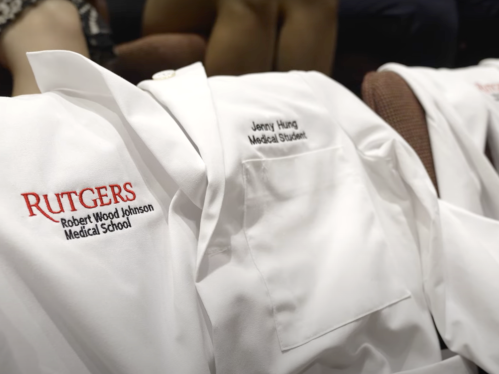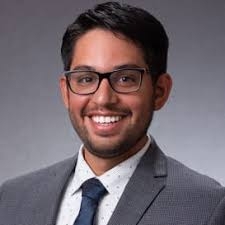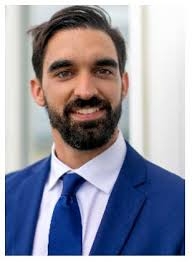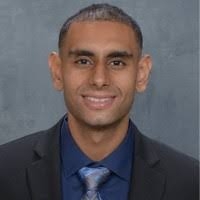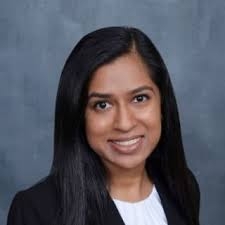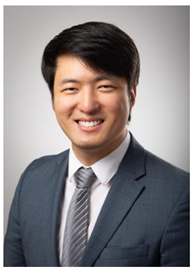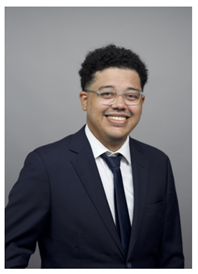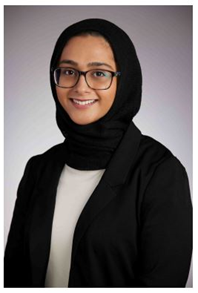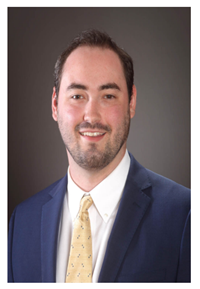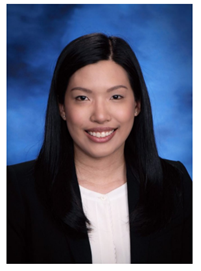Adult Neurology Residency
Overview of the Program
The Adult Neurology Residency Program at the Robert Wood Johnson Medical School trains outstanding clinical neurologists who are astute in neuroscience, compassionate in care and resilient in adversity. We accomplish this through intensive, supervised exposure to inpatients and outpatients, daily formal didactics and mentored scholarly activity. Our program prepares residents for a career in academic medicine or private practice.
Our department’s clinical neurology faculty is comprised of more than 20 clinical adult neurologists in eight subspecialties, who are all dedicated to resident education.
Our faculty are regional and in some cases, international experts in their subspecialty area. We have several centers of clinical excellence including in stroke, epilepsy, ALS, multiple sclerosis and Parkinson’s Disease.
Deviyani Mehta, MD
Associate Professor of Neurology and Residency Program Director
We have a state-of-the-art Neurocritical Care Unit that all of our residents rotate through. Our departmental teaching effort is complemented by outstanding clinical faculty in other departments including, pediatric neurology, psychiatry, neuroradiology, neuropathology, neurosurgery, neuro-oncology, sleep medicine and pain medicine.
Our graduates have gone onto competitive fellowships in a wide variety of subspecialties including stroke, neurocritical care, movement disorders, headache, neuro-oncology, epilepsy, neuromuscular medicine and others.
Residency and fellowship programs training at Robert Wood Johnson Medical School benefit from the resources and interprofessional opportunities available through the Rutgers Health institutional sponsorship. Learn more about all of the Rutgers Health sponsored graduate medical education programs on our sponsoring institution webpage.
Accordion Content
-
CLASS OF 2025
Jenny Abdulkarim, MD
Jemin Ahn, MD
Danielle Mahon, MD
Celeste Soares deCamargo, MDCLASS OF 2024
Jay Dave, DO
Sani Gandhi, DO
Shelly Maniar, DO
Laura Gutierrez Quiceno, MDCLASS OF 2023
Mofei (Murphy) Lu, MD
Paulina Przydzial, MD
Karlyndsay York Sitterly, MD
Saima Usmani, MD
Rasha Waheed, MDCLASS OF 2022
David Atherton, MD
Santosh Bhaskarabhatla, MD
Ian Hakkinen, MD
Alessandro Iliceto, MDCLASS OF 2021
Kevin Colburn, MD
Steven Danziger, MD
Victor Kaytser, MD
Bindi Patel, DOCLASS OF 2020
Justin Lo Re, DO
Andrew Novick, DO
Steve Patrick Bibu, MD
Husain Yusef Shaath,MDCLASS OF 2019
James Lee, MD
Omid Motabar, MD
Isaac Naggar, MD, PhD
Priyank Patel, MD
Our Research
The Department of Neurology has a strong tradition of excellence in research. We have four NIH-supported basic science faculty in our department. Many of our residents present abstracts at national meetings or work with faculty members to write a book chapter, review article or case report. Our residents are given protected time for research and many travel to national conferences to present their abstracts. We are excited to offer a resident research day for residents to highlight their work. Residents also participate in scholarly activity by presenting at grand rounds and organizing journal club.
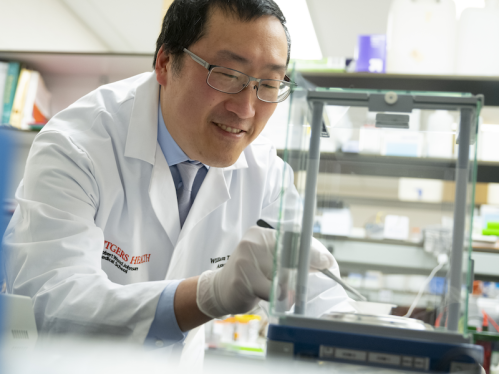
Frequently Asked Questions
-
The PGY 2-4 years are divided into 26 blocks each. They are divided between adult inpatient rotations, electives, pediatric neurology, epilepsy service, research, and vacation.
-
We are an Advanced Adult Neurology Residency Program. We have increased our residency complement to 15 total residents.
-
Yes! We have a night float rotation. The rotation is 2 weeks long and done by PGY2 and PGY3 residents.
-
Yes, we have 4 linked PGY 1 positions at Newark Beth Israel Medical Center. NBI is part of the RWJ Barnabas Health System, and Rutgers Health Graduate Medical Education. It has a reputation for excellence in many fields of medicine both as a tertiary care center and a community hospital. Preliminary interns receive excellent training, with a wide variety of rotations on medical floors, intensive care units and ambulatory clinics. The prelim interns will also spend 4 weeks in inpatient and outpatient Neurology at NBI. Further details will be discussed during in the interview day.
-
Yes! We welcome strong IMG candidates to apply to our program. We have had many excellent IMG graduates of our program, including several prior chief residents. Please note that IMG applicants who match in our program have generally had extensive US clinical experience prior to applying for residency.
We are only able to sponsor J1 visas through ECFMG (now Inhealth).
-
Yes! Our program usually has at least one DO graduate per year. We accept either COMLEX or USMLE scores.
-
Yes, we generally only interview applicants who are about to graduate from medical school or who have graduated within the last 5 years. However, applicants with additional post-graduate (fellowship) training, clinical research training, advanced degrees or extensive US clinical experience are encouraged to apply even if they have been out of medical school for more than 5 years.
-
No, but most successful applicants to our program have passed Step 1 and 2 on their first attempt and have scores at or above the national average. If you needed more than one attempt to pass a Step 1; we prefer to also see a passing score prior to match.
-
Yes! Our program requires that each graduate complete a scholarly project during their 3 years of residency. Scholarly projects can come in many forms including quality improvement projects, case reports, education methods, book chapters and many others. All residents will have 4 weeks for research. Residents who show an exceptional interest in research, are permitted to take an additional 2 weeks for research with the support of their research mentor.
-
Yes! All incoming PGY-2 residents are assigned a faculty member who will meet with them regularly. PGY-3 and 4 residents generally work with the program director to establish a mentor in their chosen sub-specialty.
-
Elective blocks can be spent in a wide variety of areas. Most residents use this time to sample various subspecialties that are less well-represented on the inpatient floors. Electives are available in multiple sclerosis, movement disorders, neuromuscular disease, neuro-ophthalmology, epilepsy, neuro-otology, neuro-oncology, additional video EEG, neurophysiology, pain management, sleep medicine, neurosurgery, headache, neuropathology, neuroradiology, brain injury rehabilitation and noninvasive cerebrovascular diagnosis. Residents also have the opportunity to rotate in an outpatient private practice. Away electives are also available if you are unable to find a comparable rotation at RWJUH.
-
Night float covers from 7 pm to 7 am 6 days a week. There is a cross cover resident that covers the late afternoon until night float starts. On the weekend, a PGY2 or 3 resident will cover a 24 hour call on Saturday and a 12 hour day call on Sunday. A short call day resident works on the weekend to help care for already admitted patients. The call obligations become progressively lighter as a resident moves up through their training. The senior resident on the stroke and general consult services take home call during the week until 10 pm.
-
We only accept applications through ERAS.
-
No, we are two different residency programs. However, Dr. Jalbut is the chairman for both departments and a few faculty members see patients at both locations or have collaborative academic efforts with the New Jersey Medical School department. With virtual learning, we have combined our grand round schedule again for this academic year and also have shared didactics on Mondays and Fridays a few times a month.
-
Yes. Residents are required to participate in basic science or clinical research supervised by faculty members. They will present their work to the department and other interested attendees near the end of their PGY-4 year. The Department of Neurology is active in basic and clinical research and receives significant financial grant support from governmental and private sources.
-
Yes, there are daily noon didactics.
Weekly:
- Morning report is conducted 3 times per week for PGY 2 residents.
- Grand rounds
Monthly:
- Journal Club
- Board Reviews
Benefits and Salary
Our residency and fellowship programs offer a uniform package of benefits consistent with those provided at all graduate medical educational programs operated by the medical school. Full details regarding benefits and salary are continuously updated by the Office of Graduate Medical Education.
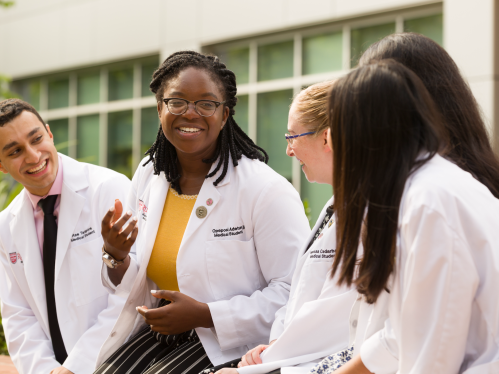
Robert Wood Johnson University Hospital
Our residency uses one hospital, Robert Wood Johnson University Hospital in New Brunswick, New Jersey. RWJUH is a 610-bed hospital and is now part of the RWJ Barnabas Health system. Residents also work closely with medical students on our inpatient services and we also strive to instruct our residents on how to be effective teachers. Our hospital and medical school are in the commercial center of town, adjacent to the main campus of Rutgers University.
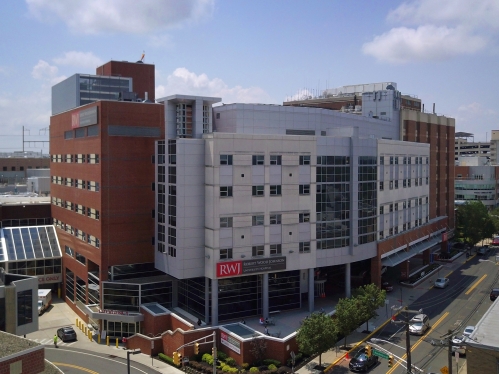
Contact Us
Deviyani Mehta, MD
Assistant Professor of Neurology
Residency Program Director
Phone: 732-235-6017
Fax: 732-235-7041
Deviyani.mehta@rutgers.edu
Chinita Mobley
Residency Coordinator
Phone: 732-235-6017
Fax: 732-235-7041
mobleycl@rwjms.rutgers.edu
